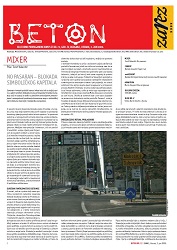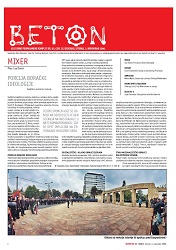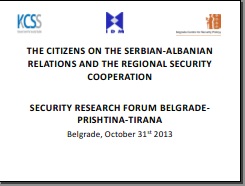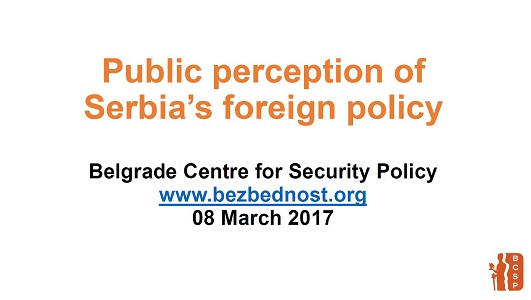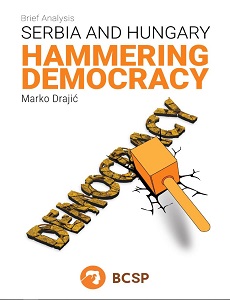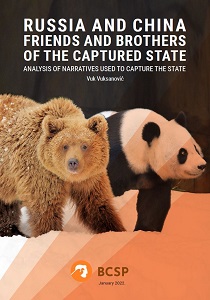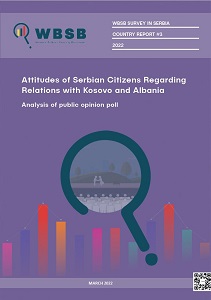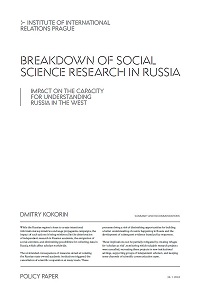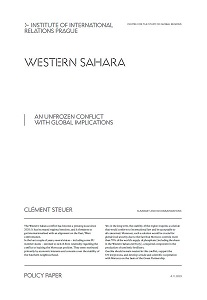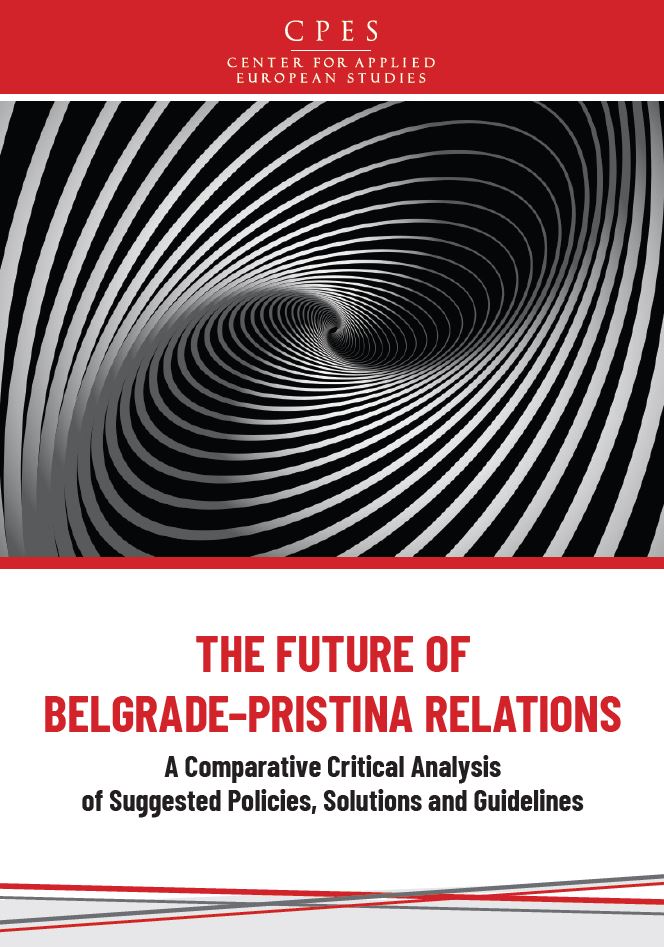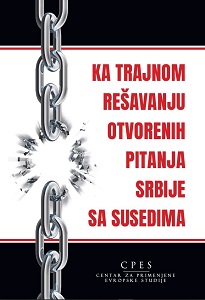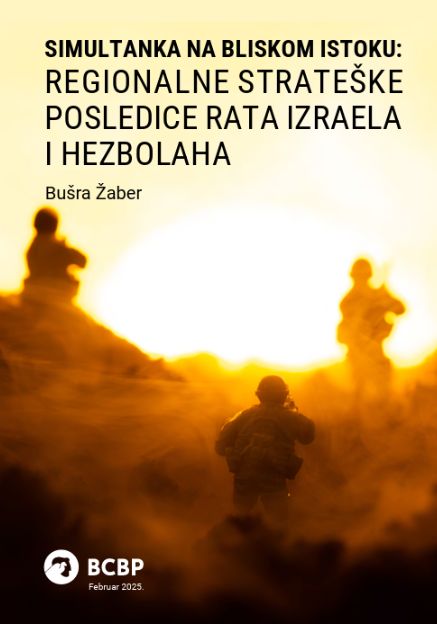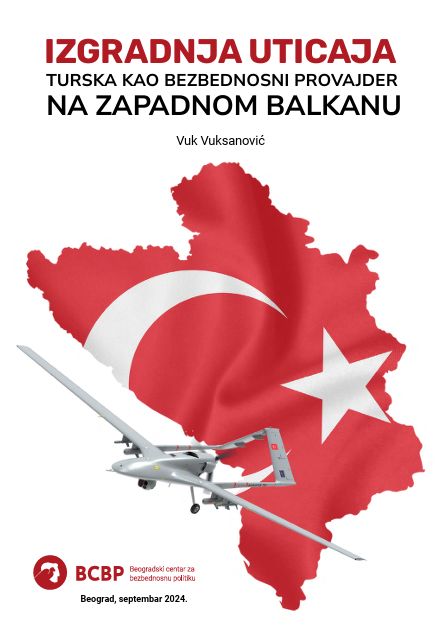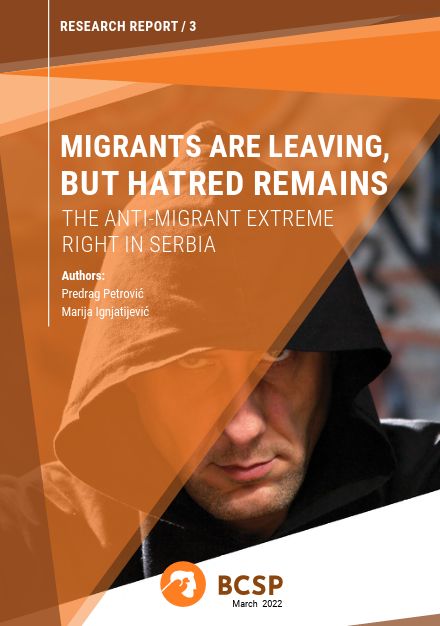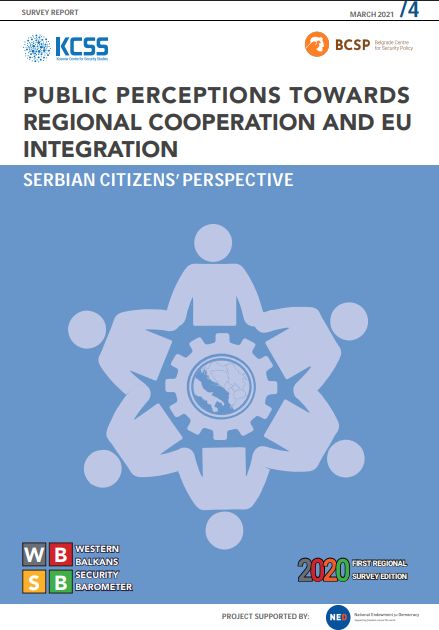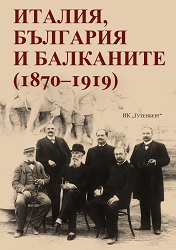
България от Бтенберг до Стамболов: италианската гледна точка
In the exposition of this article the author is focused on the Bulgarian international statute in the years after 1886 (In their diplomatic activities great powers were very concerned with this issue in that period), he is also describing some of the internal policy issues of Bulgaria and some aspects of the person that was Stambolov. The purpose of this analysis is to give a vivid and definitive rating regarding the relation of the Italian government (and part of the public opinion as well) towards the Bulgarian question and the Bulgarian national aspirations.
More...
